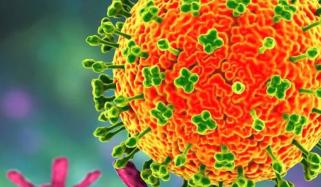
In a recent study, researchers shed light on the ideal balance of activities for optimizing health, including the often-overlooked aspects of standing, light activity, and sleep.
The study, involving over 2,000 adults, explored how various daily activities impact risk factors for heart disease, stroke, and diabetes.
Surprisingly, the findings suggest that it's not just about vigorous exercise but also about how we spend our entire day.
The research further suggested that achieving 8.3 hours of sleep, along with 2.2 hours each of light and moderate to vigorous activity, is optimal for health.
Furthermore, the study emphasizes the significance of light-intensity physical activity, such as casual walking, in controlling blood sugar levels, particularly in individuals with type 2 diabetes.
Encouragingly, even short, frequent breaks from sitting can have a positive impact on metabolism.
In light of these findings, experts recommend reducing sedentary time, increasing light-intensity physical activity, incorporating more vigorous exercise, and prioritizing sufficient sleep.
However, simple lifestyle changes, like reducing screen time and opting for an active commute, can make a significant difference in overall health.















